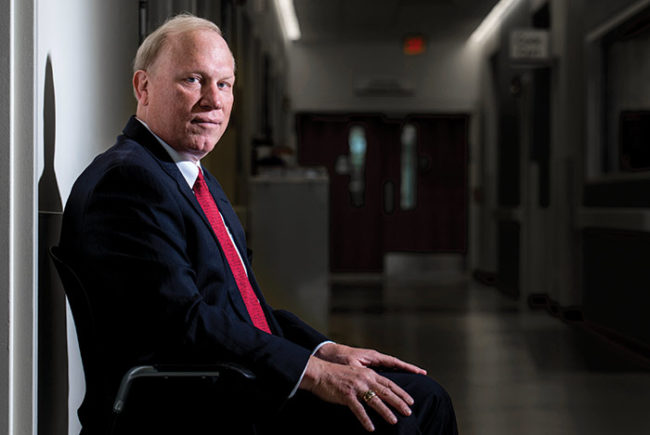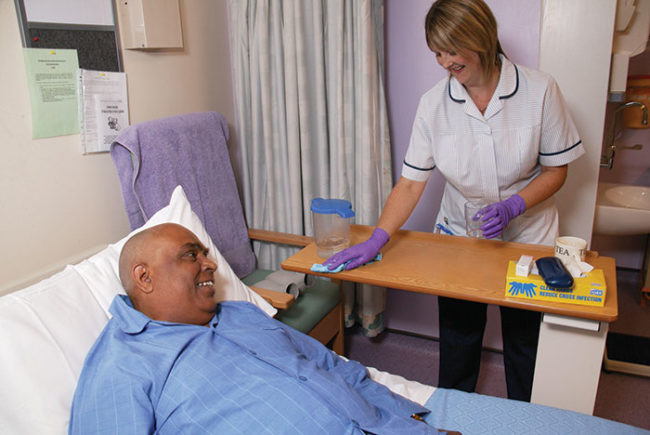Justin Groves was a young, promising front-line caregiver at Providence Hospital in Columbia, S.C., when his life was cut short in an automobile accident.
At Justin’s funeral, the church overflowed with relatives and friends who had come to pay their respects to his family. Following an emotional service, the pastor asked whether anyone in the room wanted to say a few words to honor Justin’s memory.
Also in this article |
| ES and the patient-centered promise |
|
|
In the back of the room, one of Justin’s former colleagues, a nurse, stood up and talked about what an incredible young man he was and how everyone had enormous respect for him. Another nurse described how Justin was always friendly and would take time to stop in and say hello.
Probably most powerful of all, an elderly woman rose and told the mourners that she had been a recent patient at Providence. Although she had never met Justin outside of the hospital, she recognized his picture in an obituary and recalled how Justin had come back to her room one day to check on her after his shift ended. He knew that she had no family and he wanted to make sure she was OK.
These are testaments that answer the common question of “why” people enter the health care field.
Justin’s colleagues and patients recognized him as someone who captured the human spirit and cared about his fellow caregivers and the people he supported. What makes this story particularly compelling is that Justin, who worked as a contracted patient transporter at Providence, was only 19 years old and, yet, he left such an important mark on the hospital.
Justin had an immediate impact on his fellow caregivers; he was recognized not only for his ability, but also for his commitment to patients.
Just had no advanced degree, title or initials after his name, he wasn’t a clinical caregiver, but he was an engaged caregiver who saw his role in health care as being about much more than just transporting patients around the hospital. He understood that what he did mattered, and he knew that the simplest of actions might have a lasting impact on a patient. Also remarkable to this story is how the nursing staff and patients recognized Justin as an essential member of the team.
In health care, teamwork is a critical component of success. Patients know this, too, and they place a high value on it; they recognize that when it is not present, it degrades not only their experience of care, but also the safety and quality of that care.





